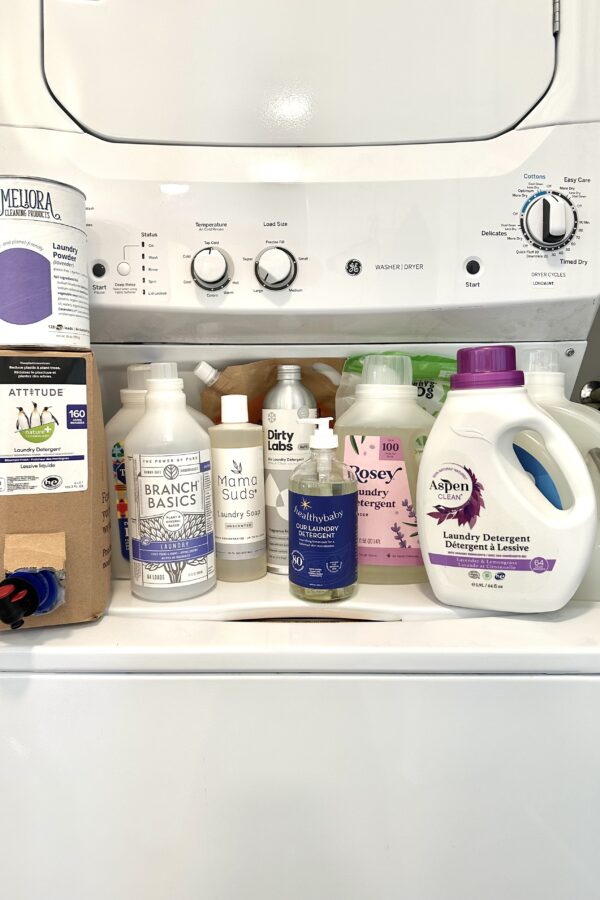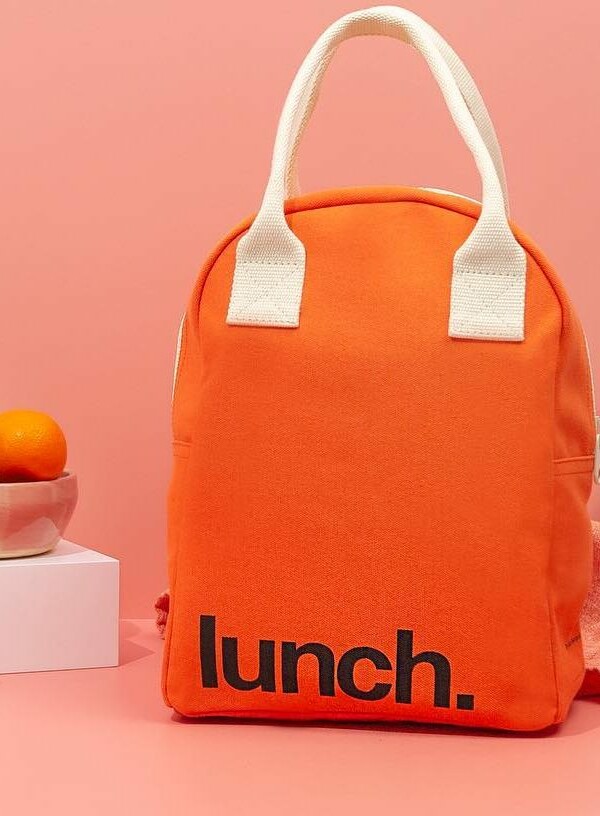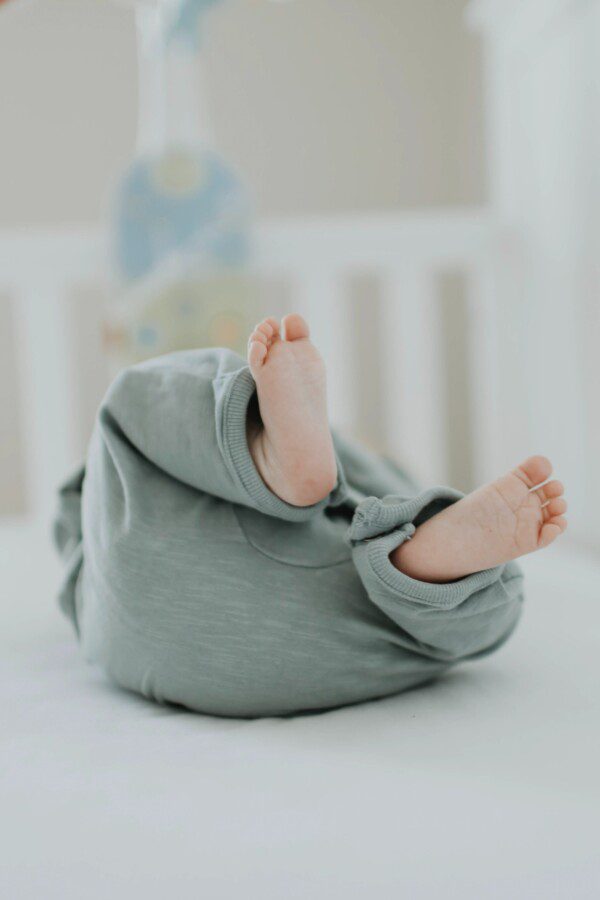Your search to find the best organic socks for women, men, and kids officially ends here. To help you stock up on your cozy basics, we made a list of the softest, comfiest, and most hypoallergenic socks on the market.
Below you’ll find affordable, eco-friendly socks that are not only suitable for sensitive skin, but also come in a variety of colors and styles—from fun and loud to minimalist.
Table of Contents
- Best Hypoallergenic & Organic Cotton Socks
- Dangerous Chemicals in Socks?!
- Why is BPA in Socks?
- What Sock Material is Best for Your Feet?
- Is It Possible for Organic Socks to be 100% Cotton?
- Best Eco-Friendly Brands For Hypoallergenic & Organic Cotton Socks
- Q for Quinn
- Pact
- Harvest & Mill
- Conscious Step
- Subset
- Maggie’s Organics
- Rawganique
- Cottonique
- Colored Organics
- Why are my socks irritating my feet?
- Can you be allergic to certain socks?
- What does organic socks mean?
- Wrapping Up: Hypoallergenic & Organic Socks
This article contains affiliate links, which means we may earn a commission if you decide to make a purchase.
Best Hypoallergenic & Organic Cotton Socks
Organic cotton socks: they’re practical, they’re a good gift idea, and they’re great for cozying up on a chilly night. (Well, if you actually manage to end up with a complete set after washing them, of course!)
But does it really worth it to pay a tad more than normal for the best organic socks when you can opt for a cute $5 pair made out of something more “conventional,” like polyester?
For many consumers, the answer is yes. That’s at least in part because of recent testing from the Center for Environmental Health (CEH), which found BPA in a lot of socks they tested.
Dangerous Chemicals in Socks?!
Socks aren’t exactly the first thing you thing of when you think of “toxic products” in your home.
But unfortunately, 2022 testing from CEH discovered that a staggering number of sock brands—over 100 in total—exceeded California’s established safe limit for exposure to the harmful chemical bisphenol A (BPA). Levels were as high as 31 times more than the established “safe” limit. Brands included Adidas, Hanes, and many others.
BPA is a known endocrine disrupting chemical (EDC), which means it can have adverse effects on reproductive and developmental health due to its ability to imitate human hormones. As you probably know, hormones play a crucial role in regulating all kinds of bodily functions, including fertility, the timing of puberty, the onset of menopause, and even the growth of cancer cells.
BPA is water soluble, which means it can leach out of the socks and onto your skin as you sweat. We also know that BPA can be absorbed into the skin. That means if you wear socks with BPA in them, you are likely to actually absorb that BPA into your blood stream.
To make matters worse, BPA can cause problems at low doses, defying the traditional “dose makes the poison” paradigm.
What’s even more alarming is that among the socks that surpassed the state limit, there were products specifically designed for infants and young children. Babies and kids are even more susceptible to the potential effects of EDCs, in large part because their bodies are still developing.
These socks don’t come with any warning labels, and consumers would essentially have no way of knowing the socks they’re purchasing contain BPA or similar bisphenols.
These findings highlight the urgent need for greater scrutiny and transparency in the manufacturing and labeling processes of socks to ensure the well-being and safety of consumers, particularly the most vulnerable ones.
Why is BPA in Socks?
Why would BPA be in socks in the first place? While it’s not entirely clear why or how, it’s most likely a result of either the material itself (i.e. polyester, which is a plastic) and/or a result of the manufacturing process.
For example, BPA may be present in dyes, coatings, or adhesives that are applied to the fabric or materials during production.
Additionally, BPA can be present as a trace contaminant in recycled or repurposed materials that are used in sock manufacturing. This is important to keep in mind as more brands are using recycled plastics in their clothing and accessories.
It’s Not All Bad News, Though!
In addition to the many pairs of polyester socks the CEH tested, they also tested socks, bras, and clothing made out of natural fabrics like cotton. They did not find BPA in the products that were made predominantly from non-plastic fibers.
This means that buying products made from natural and organic materials (even if they still contain small amounts of synthetics) can really make a difference in decreasing BPA exposure.
That’s why the next time you’re in need of a sock drawer top-up, we recommend choosing natural fabrics such as wool, hemp, or GOTS certified organic cotton.
Not only are organic socks going to be much less likely to be contaminated with BPA, but they’re also usually more hypoallergenic and suitable for sensitive skin. Plus, their whole production process and life cycle is more sustainable as well!
What Sock Material is Best for Your Feet?
It’s all about finding that perfect balance of comfort, breathability, and durability.
Organic cotton socks are soft, gentle on the skin, and provide excellent breathability. They allow air to circulate, keeping your feet cool and dry. Plus, cotton is a natural fiber, making it a great choice for those with sensitive skin, eczema, or allergies.
Just keep in mind that 100% cotton socks may not be as moisture-wicking as some other materials, so they may not be the ideal pick for intense physical activities or sweaty workouts. (That said, I work out in my Pact organic cotton socks all the time and I haven’t had any problems yet!)
Another fantastic option is merino wool. Now, don’t worry, we’re not talking about that thick, itchy wool your grandma used to knit with. Merino wool is incredibly soft, lightweight, and breathable. It has natural moisture-wicking properties, meaning it draws sweat away from your skin, keeping your feet dry and odor-free. Merino wool socks are perfect for outdoor adventures, hiking, or simply lounging around in cozy comfort.
Alpaca wool is also a comparable material, although it’s much less common. Hemp is another one that is used less often, but is a great choice for socks because of its natural antimicrobial properties!
Is It Possible for Organic Socks to be 100% Cotton?
Socks definitely can be made from 100% cotton, but you’ll notice that many brands (even organic ones) add small amount of spandex or elastane for enhanced stretch and fit.
This won’t be a problem for most people, and it will even make your socks better for things like exercise. As mentioned above, the CEH investigations did not find BPA in the products that were made primarily out of natural materials (even if there was a small amount of synthetic added to make it stretchy).
But for those with extra sensitive skin or eczema, we’ve included options below that are 100% free from any synthetics.
Some people may even want to have multiple different kinds of socks in their drawer—some that are 100% natural and some that include a little bit of stretch. That way you can pick out your socks based on the activity.
Best Eco-Friendly Brands For Hypoallergenic & Organic Cotton Socks
Alright, now let’s get to it! Here are our favorite brands for non-toxic socks that are made ethically out of safe and skin-friendly materials like organic cotton, wool, hemp, and non-toxic dyes.
Q for Quinn
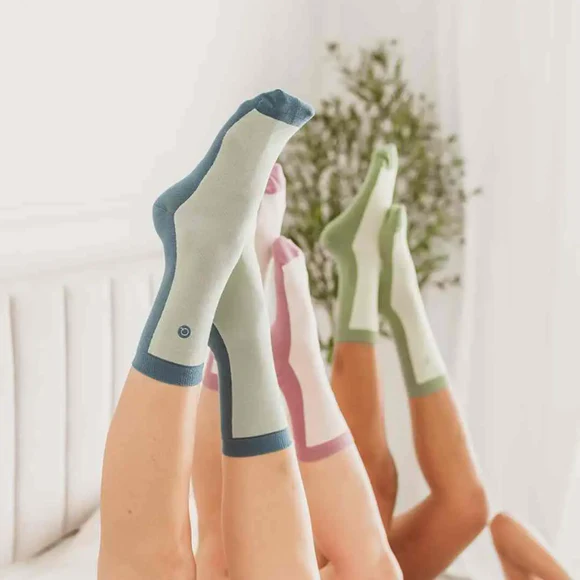

Price: From $8
Categories: Organic kids socks and adult socks
Materials: Organic cotton or merino wool and 2% elastane
Sustainability: GOTS certified chemical-free fabrics, donations made with each purchase
Q for Quinn is a really great place to find organic cotton and organic wool crew socks for the whole family—adults, kids, and babies. They have a lot of options to choose from, including undyed, solid colors, fun prints, and more.
In addition to being 100% free of things like BPA, formaldehyde, lead, and other toxins, these hypoallergenic socks are also ethically knitted in GOTS-certified, family-owned facilities in Portugal and Sri Lanka. Plus, for each pair sold, Quinn donates school meals.
Pact
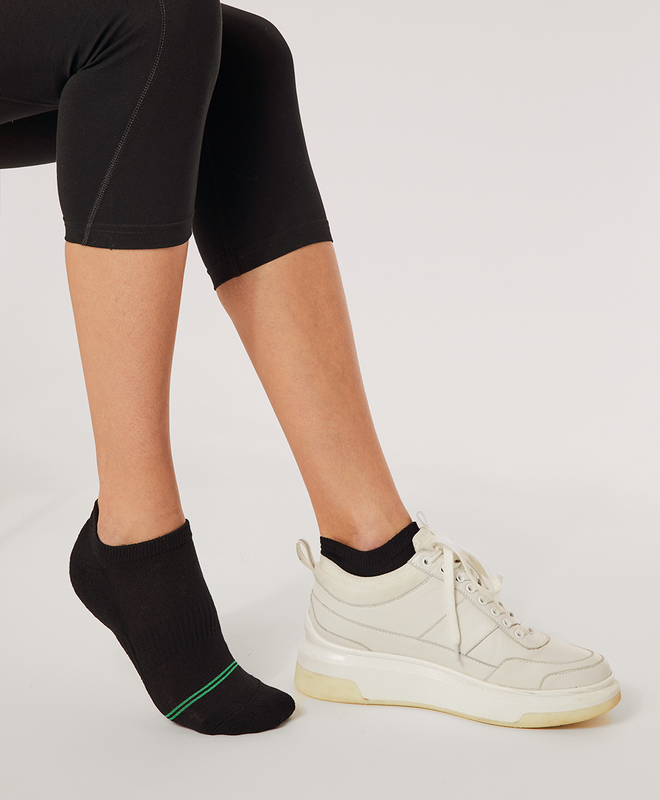

Price: From $14
Categories: Organic men’s and women’s socks
Materials: GOTS certified organic cotton, recycled nylon, elastane
Sustainability: Fair Trade Certified factories, carbon offsetting
When it comes to organic, Fair Trade Certified socks, one sustainable brand that truly stands out is Pact. Hailing from Colorado, Pact is on a mission to make sustainable clothing accessible to everyone.
They carry affordable standard black, white, and gray ankle and crew socks, but they also offer colorful, eco-friendly socks that are perfect for gifting.
All of their products are made using organic cotton, certified by Global Organic Textile Standard (GOTS). They do add some nylon and elastane for stretch, and the specific percentages vary based on the specific pair of socks.
Pact goes the extra mile by giving you the option to offset the carbon footprint of your shipment. So not only will you be rocking some fabulous socks, but you’ll also be doing your part to reduce your environmental impact.
Use the code THEFILTERY15 for 15% off full-priced items.
Harvest & Mill


Price: From $10
Categories: Unisex organic socks for adults
Materials: USA-grown regenerative cotton, nylon, elastic
Sustainability: Entire USA-based supply chain, PETA Cruelty-Free Certified
Harvest & Mill is a brand that truly believes in the power of USA-grown and locally sewn organic clothing. They saw the need for a better way of making garments and decided to make a difference by supporting USA organic cotton farmers, American heritage mills, and their local sewing community.
Their best organic socks are made from the finest USA-grown organic cotton, ensuring a cozy and comfortable fit. What sets them apart even further is that these socks are completely undyed. Available in naturally tan, brown, or white cotton (yes, cotton grows in other colors!), these hypoallergenic socks will keep your free from harmful toxins.
Conscious Step

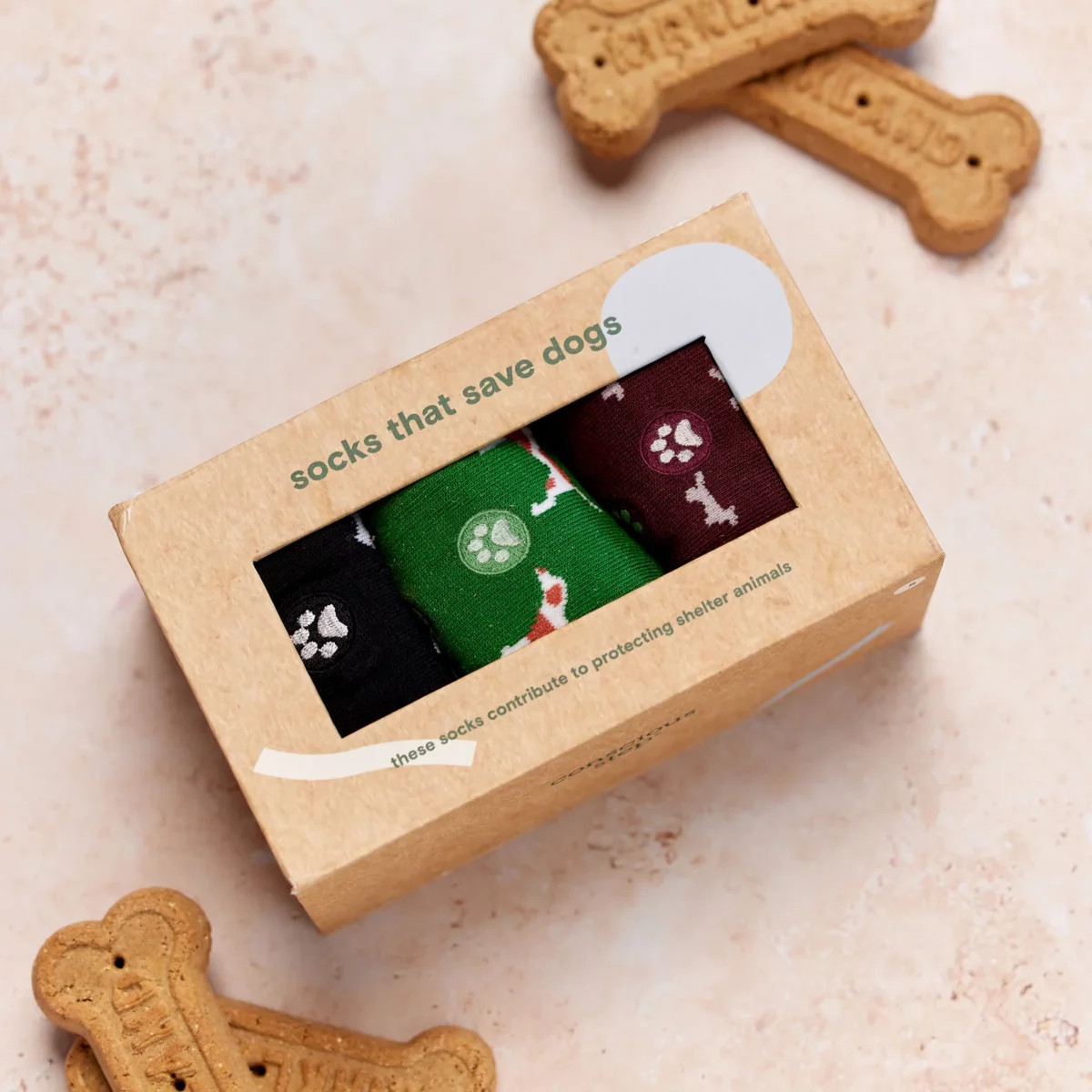
Price: From $14
Categories: Men’s, women’s, and kids socks
Materials: Fairtrade organic cotton, recycled polyester, elastane
Sustainability: Fairtrade Certified, Certified Vegan, member of 1% For The Planet
Next up, a sustainable brand that is making a big impact, one step at a time. Every aspect of Conscious Step’s supply chain is GOTS and Vegan certified.
The company offers a wide range of designs that are as fun as they are sustainable. From SpongeBob to NASA space exploration and more, there’s something for everyone. These fair trade socks are made with organic cotton, ensuring that they are free from harmful pesticides and insecticides.
With each purchase of socks you make, a portion of the proceeds goes directly to a charity associated with that specific pair of socks. So, while you’re enjoying the comfort and style, you’re also making a difference in the world. You choose the cause that means the most to you or the person you’re buying a gift for!
Plus, if you’re a true sock enthusiast, you’ll love the Conscious Step subscription option. It allows you to receive one pair of sustainable, organic socks every month at a reduced price.
Subset


Price: $12
Categories: Men’s & Women’s
Materials: Primary organic cotton, mixed with some polyamide and elastane
Sustainability: OEKO-TEX certified, GOTS certified organic cotton, Fair Trade certified
Formerly known as Knickey, Subset now has a larger collection of underwear, socks, and loungewear for men and women.
Their socks come in black, gray, and white, in either Crew or Quarter cut. They offer two sizes: S/M and M/L.
In addition to their various sustainability initiatives throughout the supply chain (like GOTS organic and Fair Trade certifications), they also help you recycle your socks at the end of their lives!
Maggie’s Organics
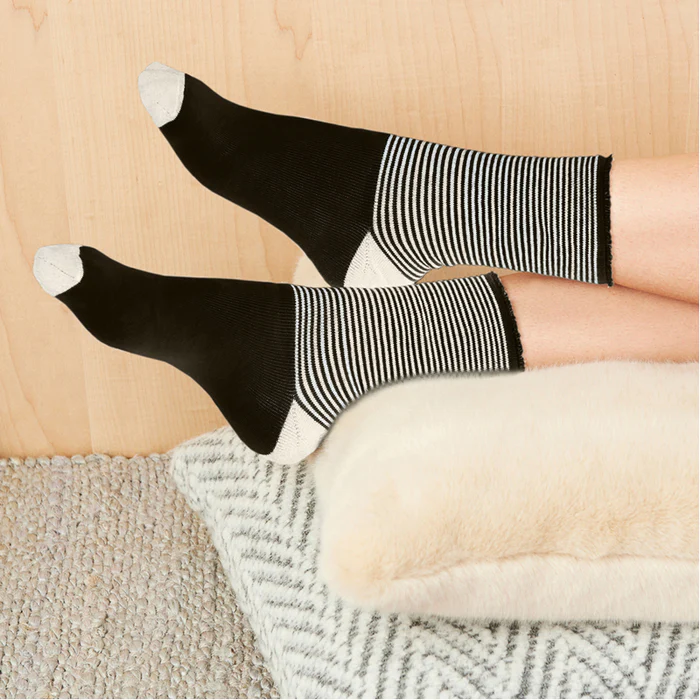
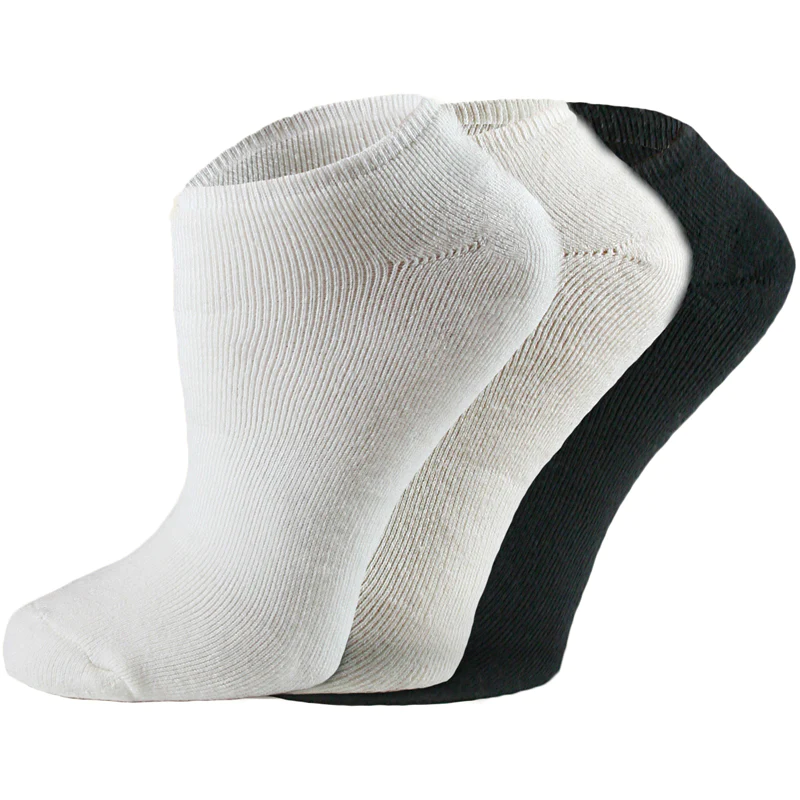
Price: From $17.99
Categories: Organic men’s socks and organic women’s socks
Materials: Organic cotton or merino wool, nylon, spandex (only 1%)
Sustainability: USDA organic standards compliant, GOTS certified fabrics, members of the Fair Trade Federation
Moving on to one of the best organic sock brands eco market: Maggie’s Organics. First things first, all of Maggie’s natural socks are made with certified organic fibers, meeting the high standards of the Global Organic Fiber Standard (GOTS). They use higher percentages of organic fiber than some of the other brands, with only 1% nylon and/or spandex in many of their options.
Thy offer organic wool mountain hiker socks, athletic ankle socks, and many more options. They take it a step further by using USDA certified organic wool sourced from sheep on small family farms in Argentina. They even spin the yarn and craft the socks right here in North America.
Maggie’s Organics is dedicated to fair trade practices and are proud members of the Fair Trade Federation, Domestic Fair Trade Association, Free2Work, and Green America.
The cherry on top? They ship their men’s and women’s organic socks in biodegradable packaging, ensuring a smaller carbon footprint.
Rawganique


Price: From $16.95
Categories: Men’s and women’s organic socks
Materials: 100% organic hemp terry, 99% organic French flax linen, 99.8% organic cotton, with less than 2% elastic
Sustainability: Sustainable European fabrics, made in-house
Rawganique is a small-scale US-based manufacturer that’s making a big impact on sustainability and your comfort. Their clothing and accessories are made specifically for those with multiple chemical sensitivities, meaning it’s one of the best options for people with eczema or sensitive skin.
Rawganique has an impressive selection of ethical and sustainable goodies, including bedding, fair trade pajamas, organic underwear, and of course, a fantastic range of organic socks for adults.
Their collection of affordable eco-friendly socks is available in three amazing natural fibers: organic cotton, linen, and hemp. Whether you prefer the softness of cotton, the breathability of linen, or the durability of hemp, Rawganique has got you covered.
Plus, Rawganique’s natural fiber organic socks are proudly made in either the USA or the EU, ensuring fair wages and safe working conditions for all involved.
Cottonique
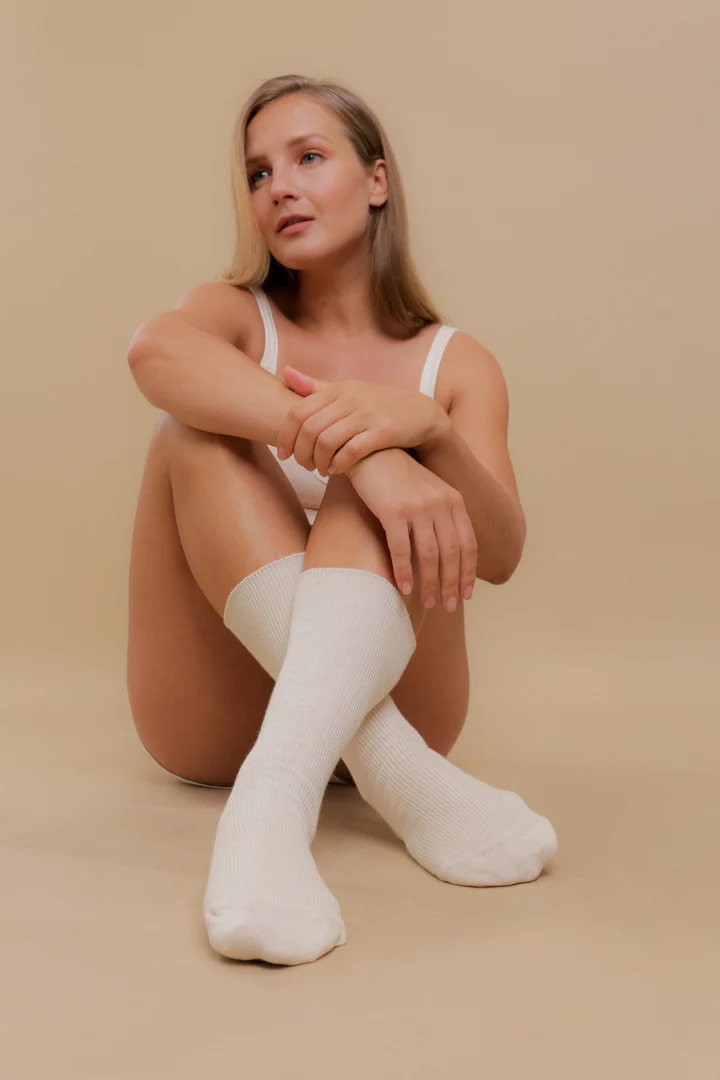

Price: From $16
Categories: Men’s and women’s organic socks
Materials: 100% GOTS-certified organic cotton
Sustainability: Certified sustainable materials, allergy-free fabric tech
Cottonique’s latex-free and lightweight organic socks are crafted ethically with the softest organic cotton GOTS-certified yarn and suitable for those with eczema and chemical sensitivities. They’ve got ankle socks, booties, cozy thigh-high socks, crew socks, and more.
The brand thrives on creating allergy-free options that won’t trigger rashes or allergies in sensitive skin. They have their very own patented (CHTP®) hydro-thermal fabric finishing technology, which stabilizes the fabric using just heat and water, making them chemical-free, soft, and highly absorbent. Pretty cool!
Use the code THEFILTERY10 for 10% off your order.
Colored Organics

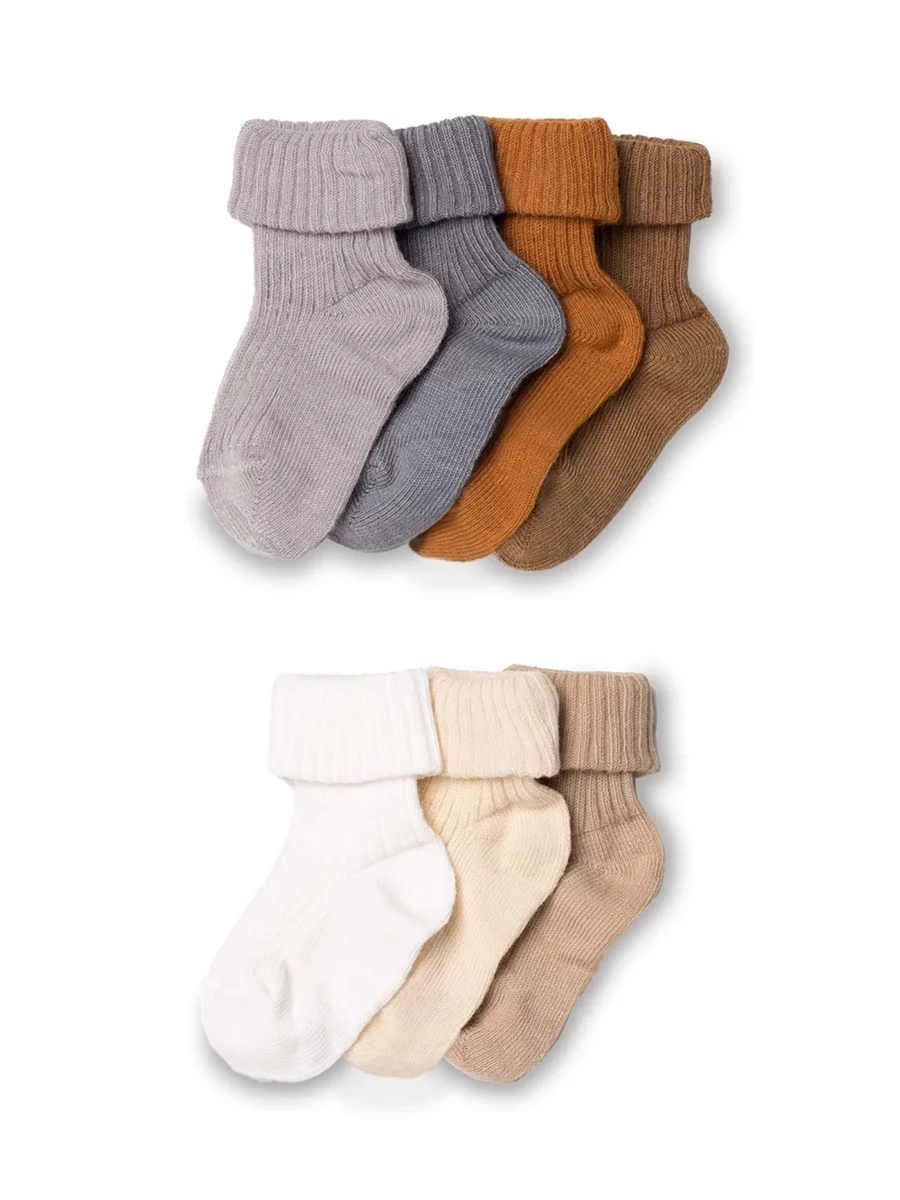
Price: From $12
Categories: Organic baby socks
Materials: Organic cotton, polyamide, elastane (some non-organic options available, so make sure to check)
Sustainability: Women-Owned and operated, ethical manufacturing
If you are on the lookout for the best organic baby socks, Colored Organics’ range of ankle socks and knee-high socks was practically designed for you. The women-owned company aims to brighten up little wardrobes with fun and unique colors, and thus, their hypoallergenic socks are adorned with cutesy prints! Solid options are also available.
The company offers above-standard wages to workers so they can provide for their families. Of course, their garments and organic socks are only made by adults who are working by choice and are treated well.
On their virtual shelves, you can also find a slew of swaddles, plastic-free pacifiers, and many more baby must-haves.
Why are my socks irritating my feet?
There are a number of reasons your socks could be causing rashes, redness, or itchiness on your feet. It could be the material itself (such as polyester), something that’s been added (like dye), or the way the socks fit your feet (like if they are bunched up or rubbing). If you’re experiencing irritation, try switching to undyed, cotton socks that are the proper fit for you. Removing your socks after working out or sweating a lot may help as well. If you have specific allergies, you might also want to your dermatologist or doctor for recommendations. See this article or more information about clothing allergies.
Can you be allergic to certain socks?
Yes, you can technically be allergic to any type of material, and that includes socks. More people experience clothing dermatitis with synthetic fabrics like polyester compared to natural fibers like cotton, which is why switching to natural and organic socks may help your symptoms. See here for more tips.
What does organic socks mean?
When we say “organic socks,” we’re talking about socks that are made from materials that are grown and processed without the use of synthetic chemicals or harmful pesticides. Usually it means organic cotton, but it can also include wool and other fibers that are grown and processed with care for the environment. These natural eco-friendly socks tend to be softer, more breathable, and hypoallergenic. Plus, organic sock brands hold certifications that ensure fair trade practices and provide a decent livelihood for those involved in the production process.
Wrapping Up: Hypoallergenic & Organic Socks
These natural and eco-friendly socks offer a gentle touch, ensuring comfort and well-being for even the most sensitive skin types. Whether you opt for the best women’s organic socks or chose organic baby socks made of cotton or merino wool, rest assured that they’ll be breathable, non-toxic, and durable so that your feet (or your kid’s feet!) stay fresh, dry, and cozy throughout the day.
If you’d like to get more non-toxic lifestyle tips and news delivered to your inbox once a week, sign up for Filtered Fridays!

